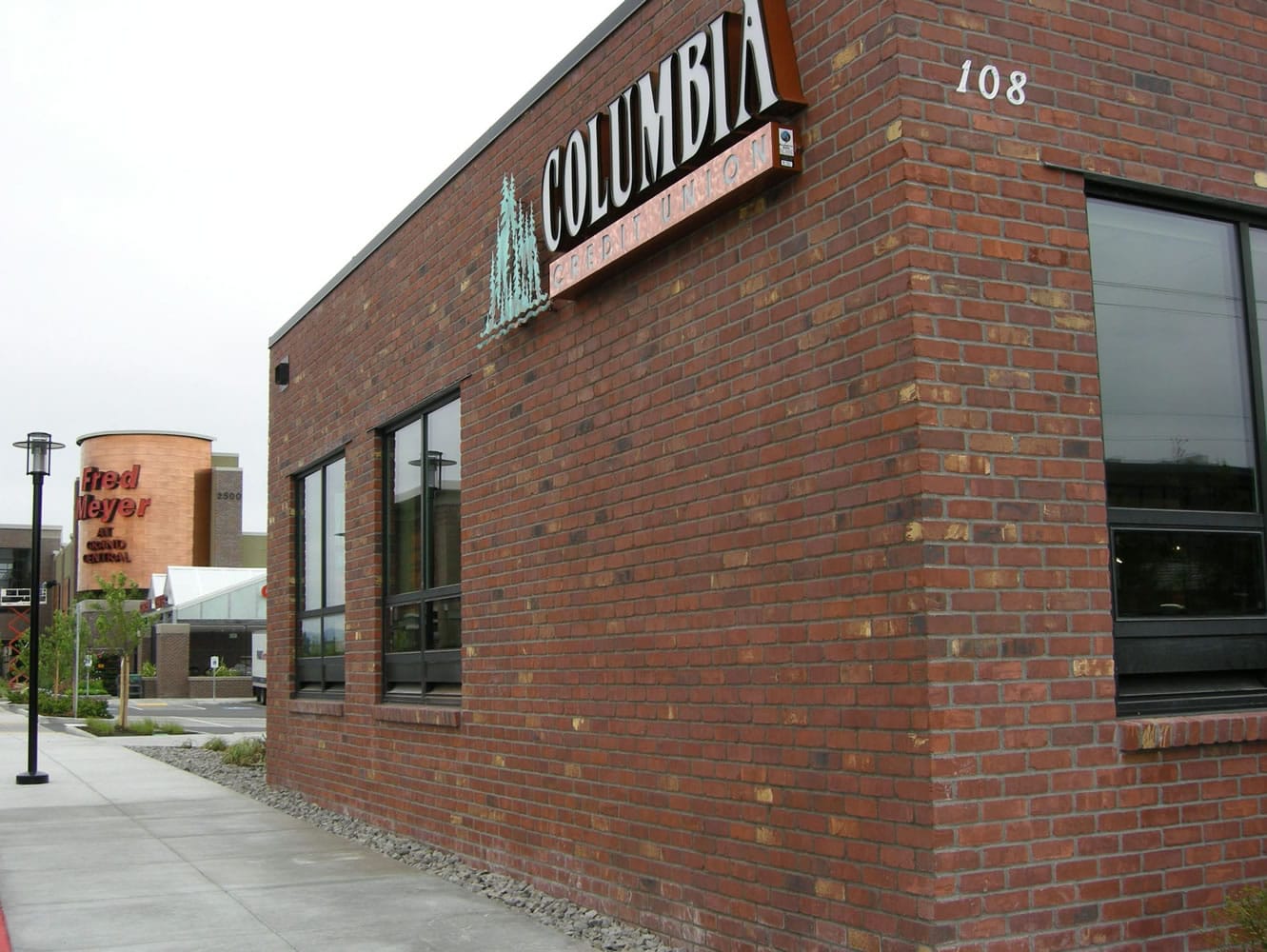The Facebook page for Bank Transfer Day.
Credit unions didn’t declare Saturday as Bank Transfer Day, but they’re sure seizing on the powerful forces that are pushing customers their way.
The event, urging people to transfer money out of banks, was hatched by a Los Angeles gallery owner and spread through a Facebook page that has almost 36,000 followers. Columbia Credit Union is running a steady stream of ads in The Columbian, including a full-page ad in this past Sunday’s newspaper with the blaring message: “Fed up? Sign Up.” Other local credit unions are staffing up for a possible influx of new customers during Saturday banking hours. And the Northwest Credit Union Association, a trade group for Oregon and Washington, is offering consultation to its members, including a “sample news release, interview talking points, and consumer information.”
The frenzy is being fed by the latest Internet-fueled revolt against an attempt by business to raise costs to consumers. Bank of America’s announcement a month ago that it would charge a $5 per month fee for debit card users sparked the kindling of public anger over rising living costs, as well as lingering resentment of government-funded bank bailouts. The bank scrapped the fee idea this week, and other banks have lowered their trial balloons for debit card fees.




